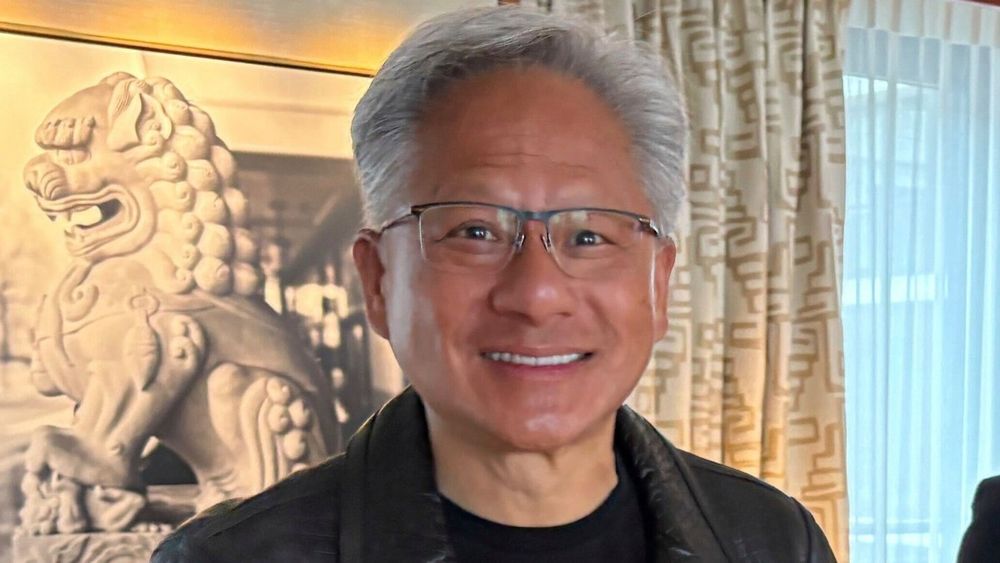Olivier Driessens
@odriessens.bsky.social
250 followers
300 following
40 posts
Media Sociologist; Associate Prof in Media and Communication, Centre for Tracking and Society, University of Copenhagen
Media, tech & social change, continuity, digital futures, sustainability
Posts
Media
Videos
Starter Packs
Reposted by Olivier Driessens
Reposted by Olivier Driessens
Reposted by Olivier Driessens
Reposted by Olivier Driessens
Reposted by Olivier Driessens
Reposted by Olivier Driessens
Reposted by Olivier Driessens
Reposted by Olivier Driessens
Reposted by Olivier Driessens
Reposted by Olivier Driessens
Reposted by Olivier Driessens
Reposted by Olivier Driessens
Reposted by Olivier Driessens
Reposted by Olivier Driessens
Reposted by Olivier Driessens
Reposted by Olivier Driessens


























